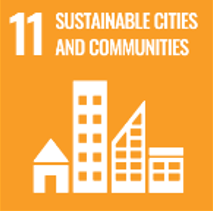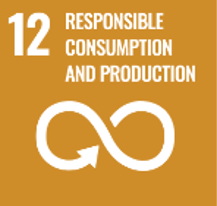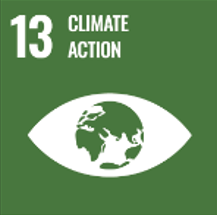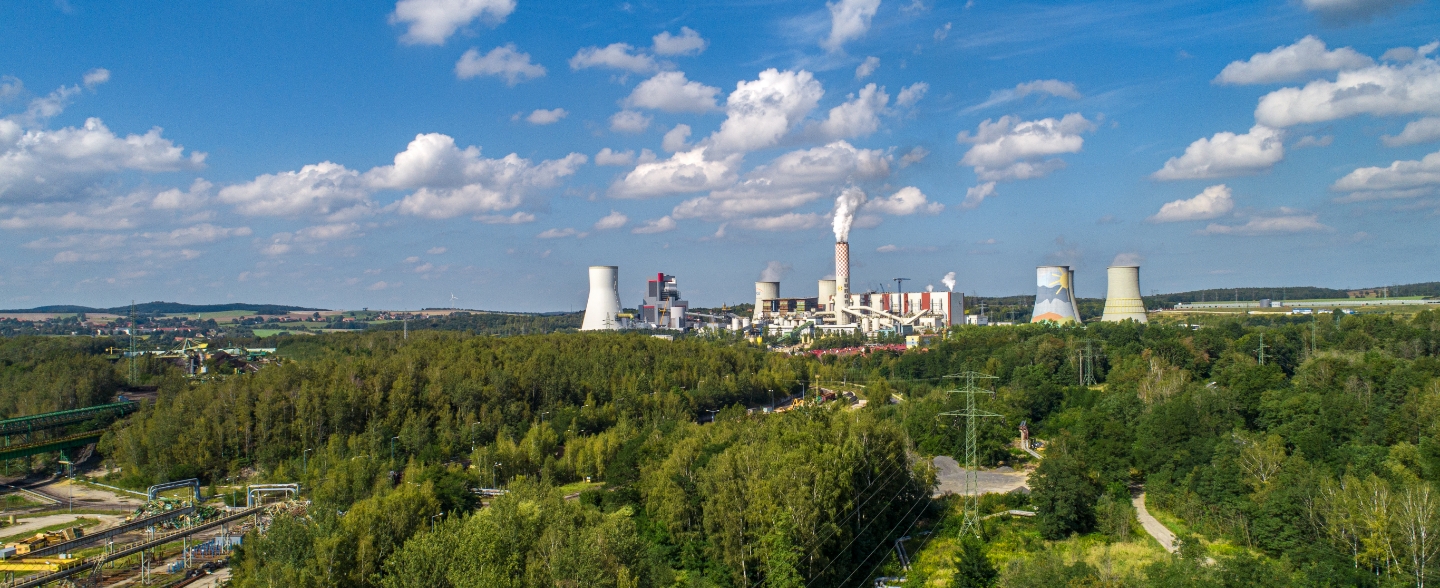-
102-14
What is the difference between small-scale emissions and smog? Why is waste used as a fuel to produce heat? How do I read my heat invoice? What technological advancements are being introduced in the heating industry? Listen to the Heat without Secrets podcast and find out the answers to the most important questions in the heating industry.
By 2030, we will have at least 70% of heat from low-carbon fuels.
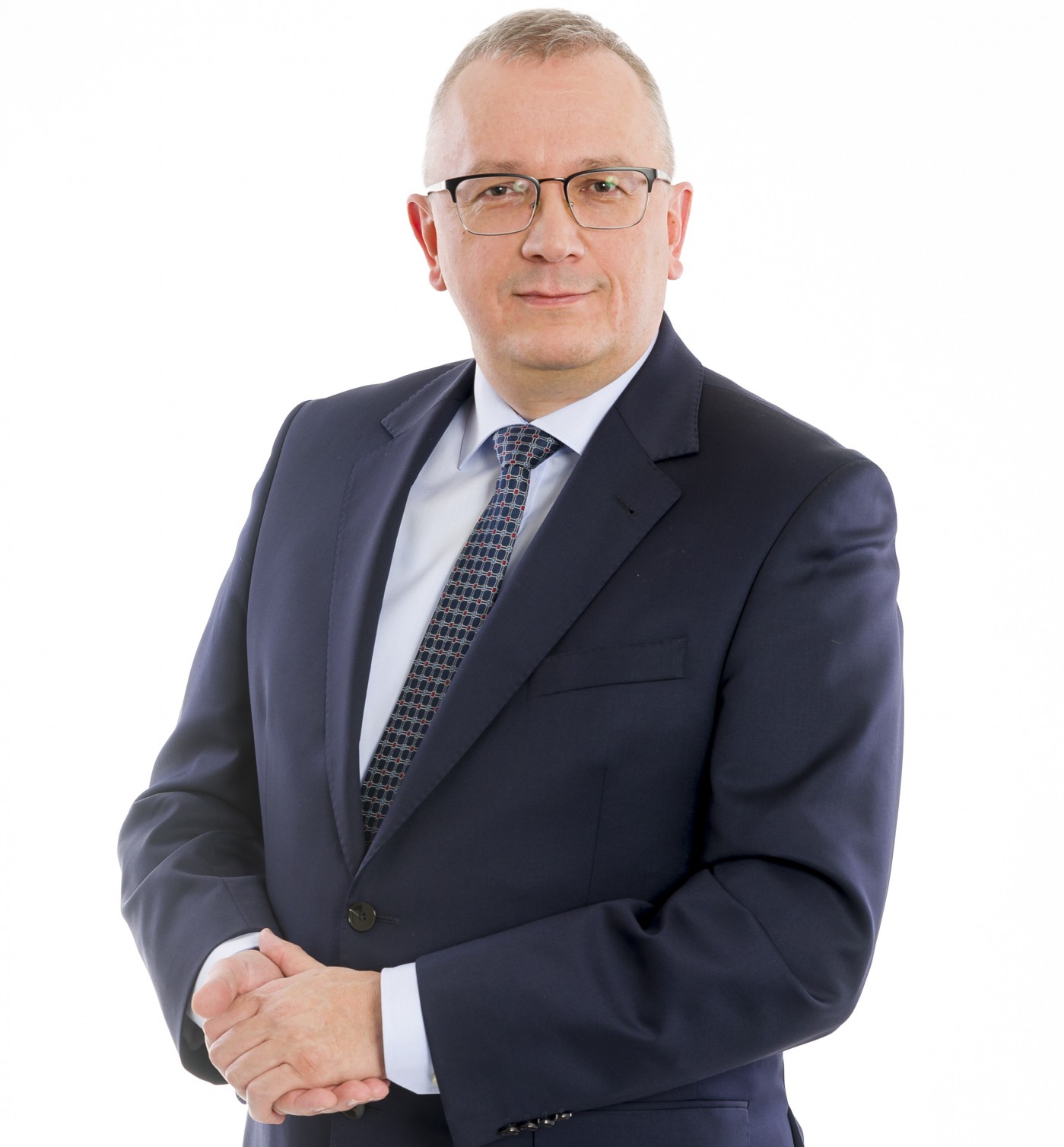
District heating is the best and most eco-friendly solution. The company wants to significantly increase the share of “green” fuels by 2030. It also intends to connect more homes to the district heating network.
Ecology is becoming increasingly important for the people of Europe, Poland notwithstanding. Consumers using energy services are keen on choosing planet-friendly suppliers. This trend and the climate policy of the European Union are causing energy companies to implement strategies shifting away from fossil fuels to “green” energy. These changes are also affecting the district heating industry, which has been working “full steam” again since the autumn.
Episode 1: Heat without secrets
What is the difference between MW and thermal MW, and what is GW and when do we apply these units of measurement? What is cogeneration and what makes it different from trigeneration? How is heat transported over tens of kilometres? These questions are tackled by experts in the first episode of the podcast “Heat without Secrets,” of which PGE Energia Ciepła is a partner.
Episode 2: Everyone may care about clean air
Why are small-scale emissions bad and low carbon sources desirable? Are small-scale emissions the same as smog? Can waste incineration be green? Why are there low-carbon boilers in a combined heat and power plant? Questions such as these will be answered by experts in the second episode of the podcast “Heat without Secrets.”
Episode 3: Can waste incineration be ecological?
In the third episode of the podcast series “Heat without secrets,” experts from PGE Group’s PGE Energia Ciepła address the topic of small-scale emissions, also discussing the operation of waste-to-energy incinerators. PGE Energia Ciepła is a partner of the series.
Episode 4: Environmentally friendly heat-and-power plants
How does a Wet Flue Gas Desulphurisation System work? What is in the plume of white smoke rising from the huge chimneys? Why does water circulate in a closed circuit at a CHP? Is gypsum produced in the “heat factory”? Such questions will be answered by experts in the fourth episode of the podcast “Heat without Secrets,” of which PGE Energia Ciepła is a partner.
Episode 5: What sort of heating system for a home?
Which heating system should you choose for your home? Who can benefit from district heating and hot water? How do you secure funding to change your heating and how do you ensure energy efficiency? These and other questions will be answered by experts in the next episode of the podcast “Heat without Secrets,” of which PGE Energia Ciepła is a partner.
Episode 6: CHPs – certain heat supplies all year round
Do combined heat and power plants only work when it’s cold or also when it’s hot? What can we do to use heat all year round? How much will our bills go up if we use district heating all year round? Who decides whether the radiators in the house are heating? What is the “weathervane” in district heating? These are the questions that experts will answer in the sixth episode of the podcast “Heat without Secrets.”
Episode 7: Bills without secrets
Is closing radiator valves completely a way to save money? How can we ourselves influence the amount of our heat bills? In the next episode of the “Heat without Secrets” podcast, experts from PGE Toruń, which is part of PGE Energia Ciepła, explain how heat is billed and reveal what to do to pay as little as possible for it.
Episode 8: District heating system without secrets, part 1 – generation
The district heating industry is introducing more and more innovations, using aircraft turbines, for example! Moreover, it turns out that in some CHP plants it is possible to convert heat into cold, which is an alternative to air conditioning. What secrets does the district heating system hold?
Episode 9: District heating system without secrets, part 2 – distribution
What is a district heating system and how is it that we all, regardless of the distance from the CHP plant, have water at a similar temperature in our homes? What happens in the event of a network failure? And what does green water on tap mean?
Episode 10: The secrets of the energy professional
Interesting classes, scholarship opportunities, a well-paid, secure job in the profession… There are many benefits to be had from studying to become a power plant technician. Are young people interested in working at a CHP plant? And how are they being prepared for this?
